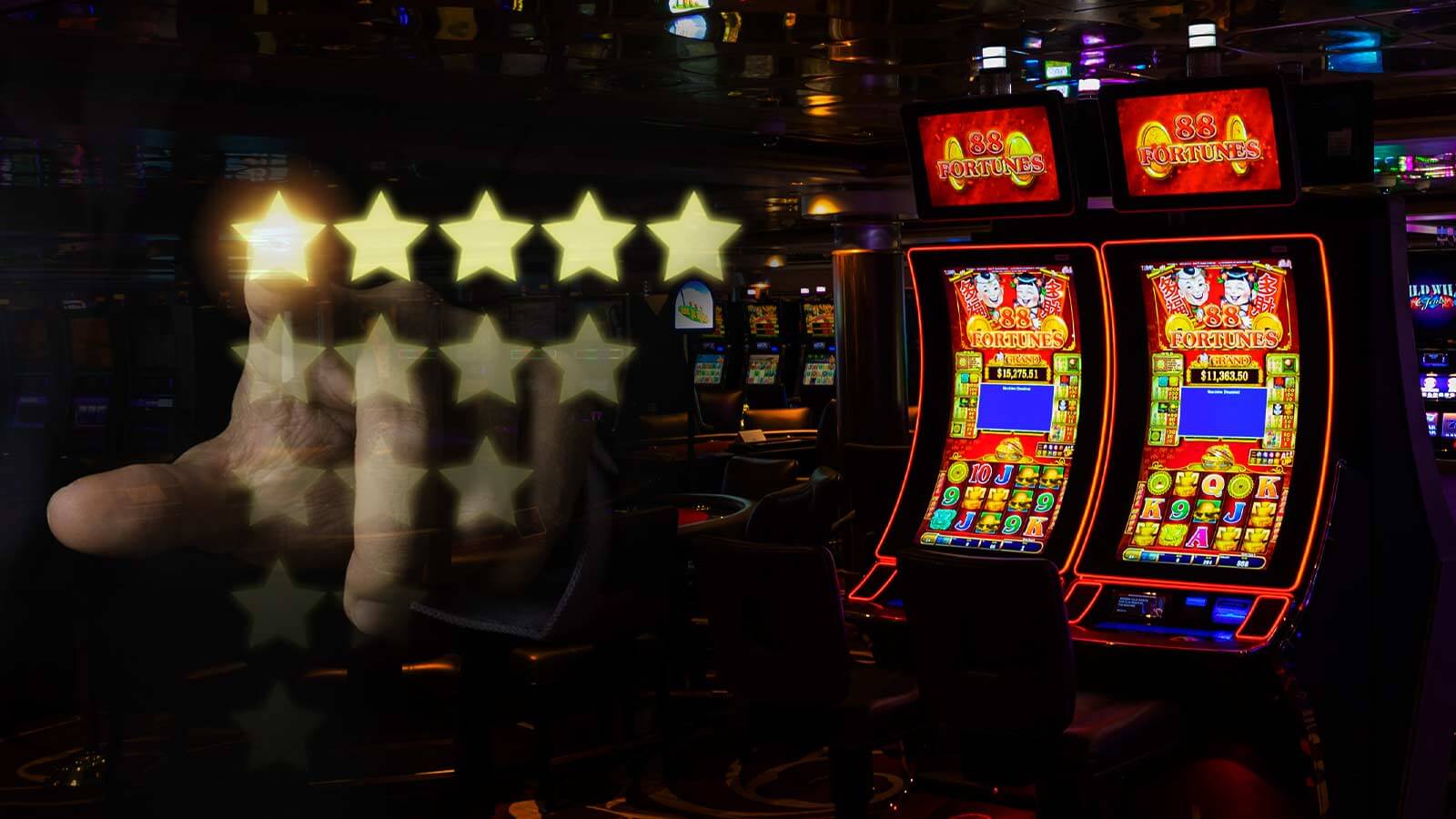The world of entertainment has seen many transformations over various decades, but not many have captured our imagination and thrill of gamers like casino games. Originating in from the bustling halls of Las Vegas and Atlantic City, New Jersey, these entertainments have spilled over borders and cultures, becoming a worldwide phenomenon. From the bright lights of a mega-resort to the convenience of online sites, the allure of gambling games is undeniable, drawing millions into a world of chance and strategy.
As an increasing number of nations embrace betting in various forms, the influence of American gambling is evident. They have not only influenced local gaming industries but have also sparked countless adaptations and innovations globally. Classic games such as poker and blackjack, along with new variations, have created a common dialect of entertainment that resonates across varied populations. The mix of risk, reward, and social interaction found in these games fosters a unique sense of belonging, further cementing their place in the global entertainment sphere.
Historical Overview of U.S. Casino Activities
U.S. casino games have a rich and colorful past that mirrors the societal development of the U.S.. The beginnings of these activities can be linked back to various Europe’s gambling traditions introduced over by settlers. Activities like the poker game, blackjack, and roulette found their way into the fabric of American culture in the 19th century, achieving popularity in bars and steamboats. These places offered the perfect backdrop for community interaction and competition, laying a strong basis for casino gaming as we recognize it today.
As the country expanded to the west, gaming evolved alongside it. The Gold Rush era in the mid1800s saw the rise of gaming communities such as Deadwood and Tombstone, where gambling activities were played with high stakes, frequently accompanied by an air of lawlessness. This time set the stage for the formalization of casino gambling in the beginning of the 20th century, notably with the creation of Las Vegas as a gaming center. The construction of opulent casinos transformed the gambling landscape, creating an atmosphere where games could thrive and attract tourists from around the world.
In recent decades, the legalization of casino gaming in various states has further expanded the range of games available. American casinos now offer a combination of traditional gambling activities and innovative offerings that serve to modern players. This expansion has allowed for a unique fusion of traditional and new, enabling the continuous development of casino culture in America. The global influence of these activities has also contributed to their inclusion into global gaming industries, demonstrating the lasting impact of American casino games around the globe.
Worldwide Popularity and Impact
The rise of U.S. gambling games has marked a significant shift in the international gaming landscape. With their attraction crossing boundaries, these titles have enthralled players around the globe. From Texas Hold’em tournaments to slot machines, American styles have established a home in many international casinos. This transfer of culture highlights how versatile and engaging these titles are, tailoring to local tastes while preserving their classic U.S. charm.
Additionally, the impact of these games goes beyond conventional gambling establishments. Digital platforms have played a crucial role in popularizing U.S. casino titles, making them accessible to players globally. The ease of online gaming has introduced millions to experiences that were once confined to brick-and-mortar casinos. Players can now play their favorite games from anywhere, sparking a fresh wave of enthusiasm and growing the player base significantly.
This widespread acceptance is also seen in the integration of U.S. casino games into local traditions. Countries that have adopted these titles often organize their own versions and tournaments, blending local customs with American gaming traditions. This fusion not only enriches the gaming experience for participants, but it also underscores the powerful impact that U.S. gambling titles have on both leisure and community engagement across various cultures. jjun88
Social Adaptations and Innovations
Casino games have undergone significant changes as they expanded across different cultures. Each region has taken in features of American gaming while adding its own traditions and practices. For instance, the rise of online casino platforms has allowed for the integration of local character into classic titles like Texas Hold’em and blackjack. Players now experience variations that incorporate regional wagering styles and distinct rules, making the games more relatable and inclusive for varied audiences.
In numerous nations, the popularity of casino games has led to the development of localized versions that reflect cultural themes and stories. This flexibility has opened doors for creative game development that resonates with gamblers on a personal level. Slot machines, for example, now feature visuals and sounds that honor local heritage, folklore, and pop culture, which in consequently improves the gaming adventure and fosters a feeling of belonging among gamblers.
Furthermore, the worldwide impact of American casino games has inspired new game formats and hybrid formats. Some venues have combined traditional gambling with amusement elements, such as live performances or engaging technology, resulting in a more engaging experience. These developments not only attract a broader audience but also guarantee that the essence of gambling continues to evolve, connecting gaps between diverse communities while maintaining the thrill that casino games are celebrated for.
